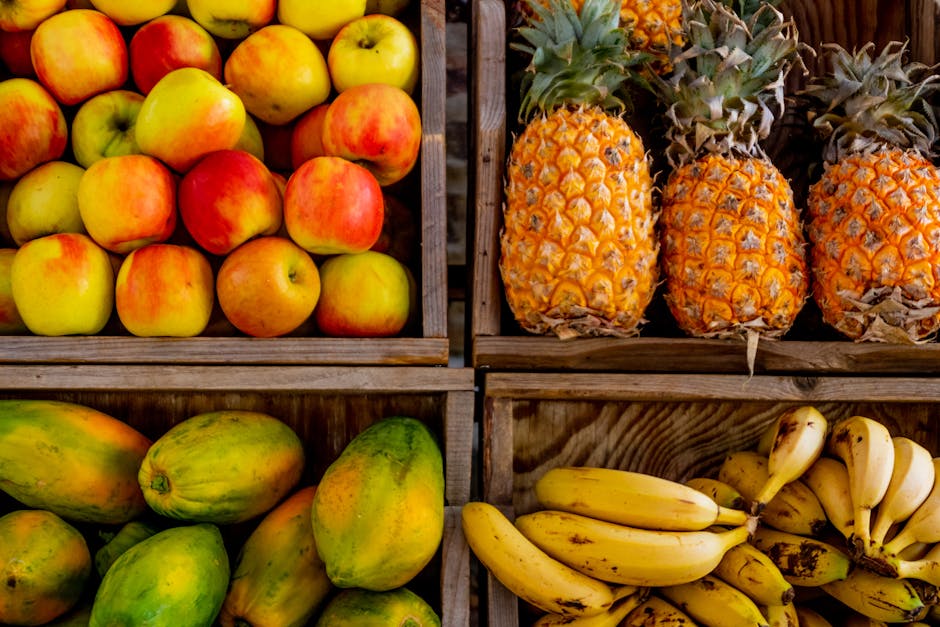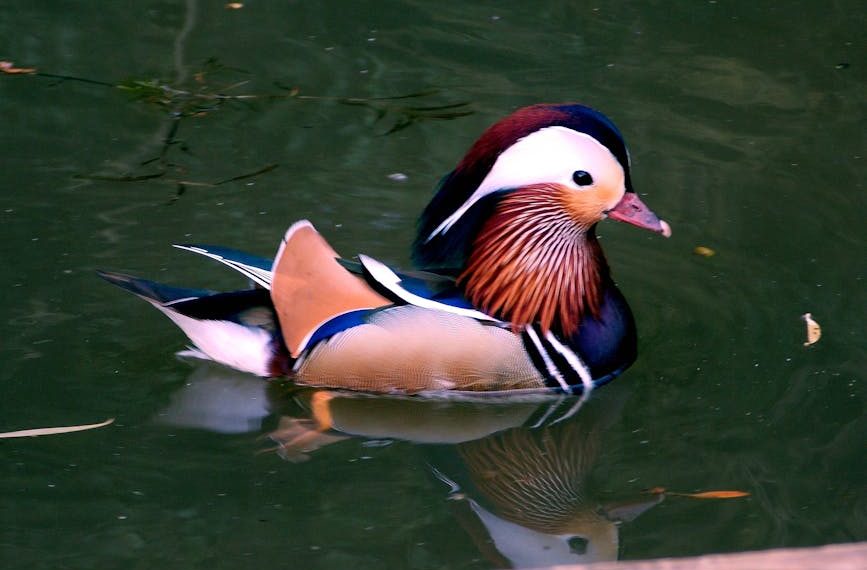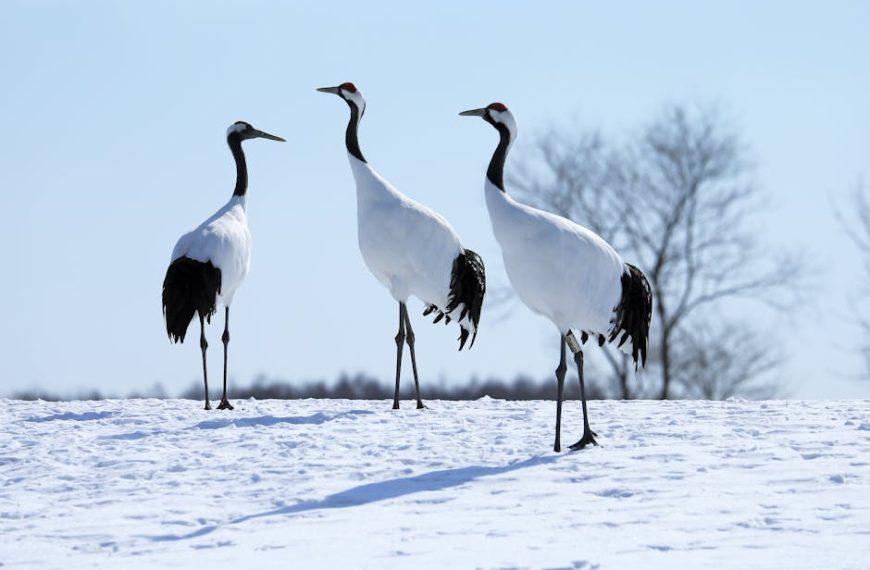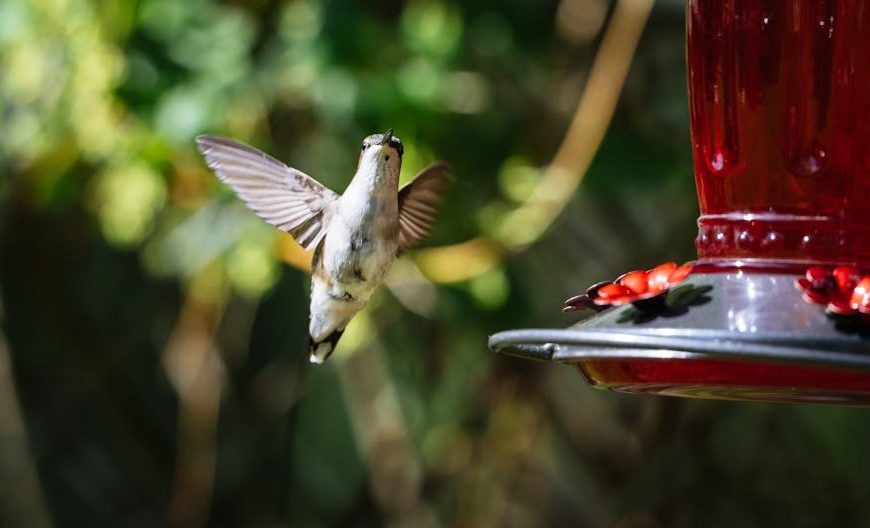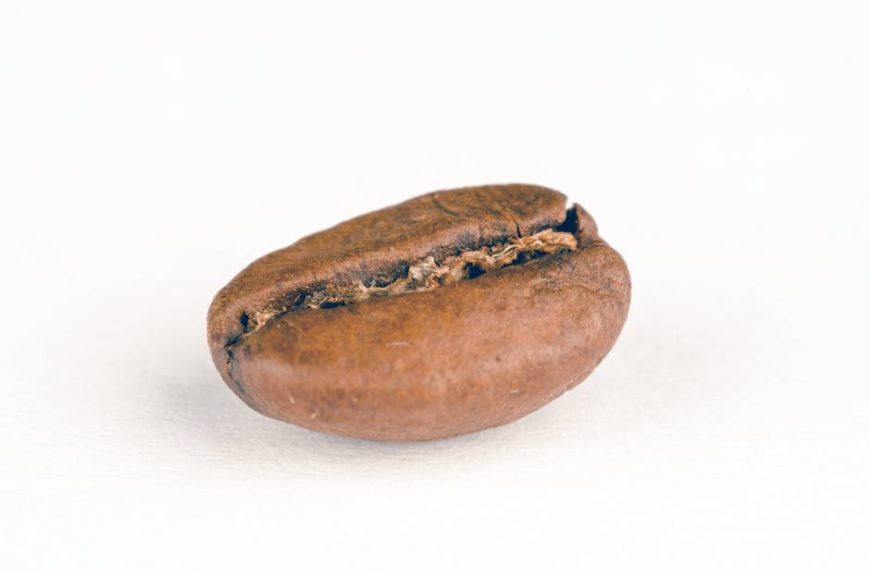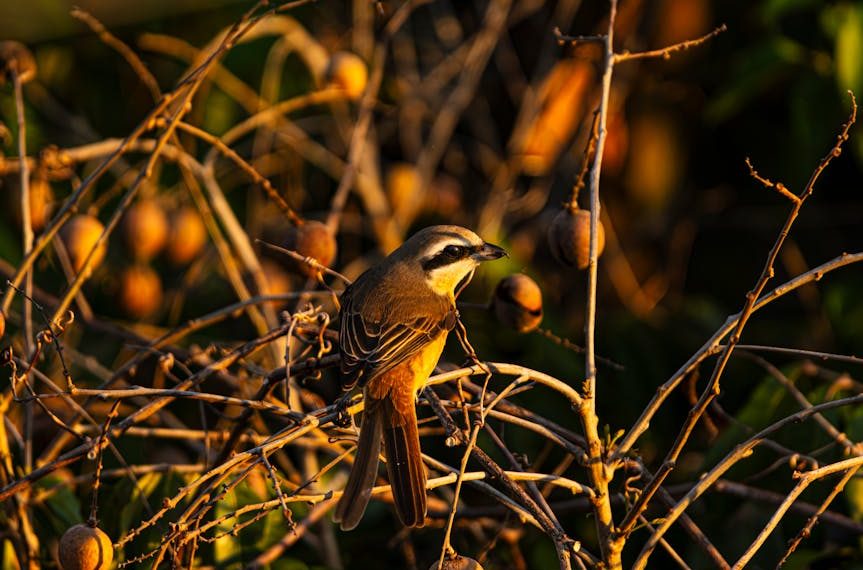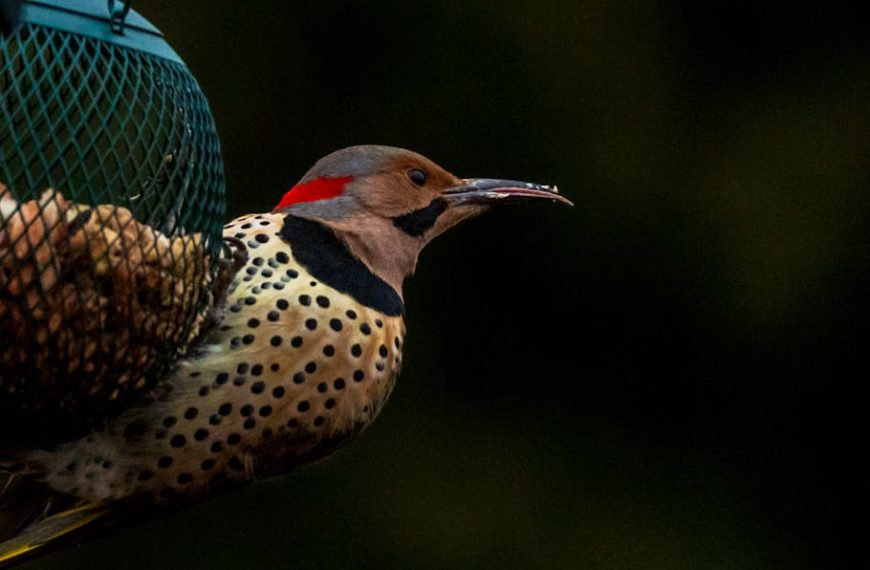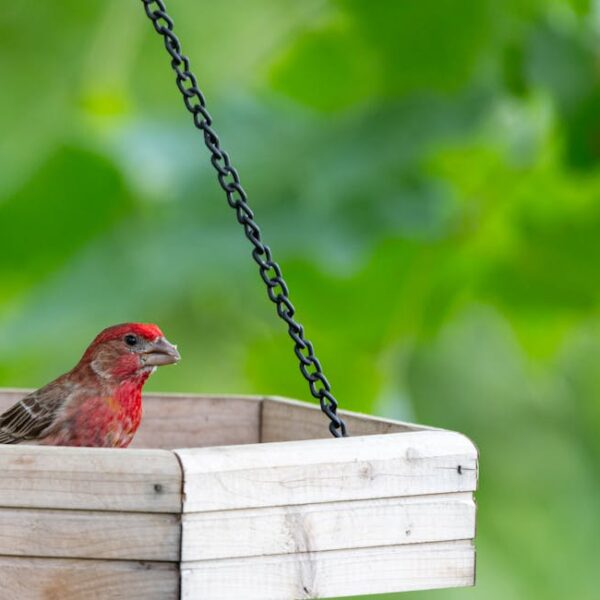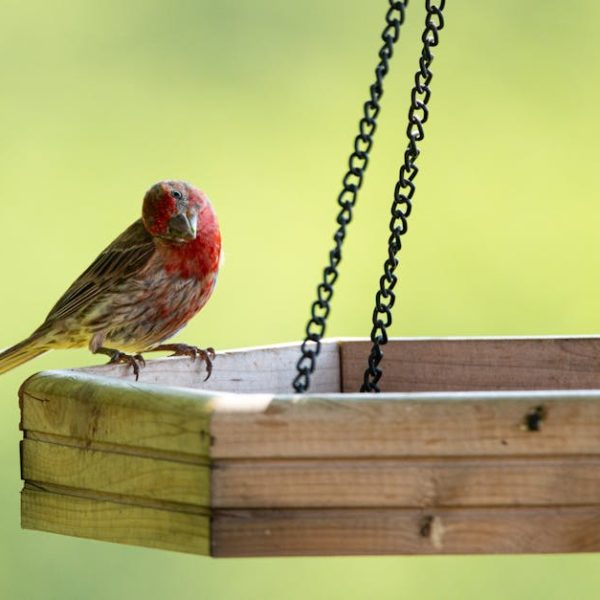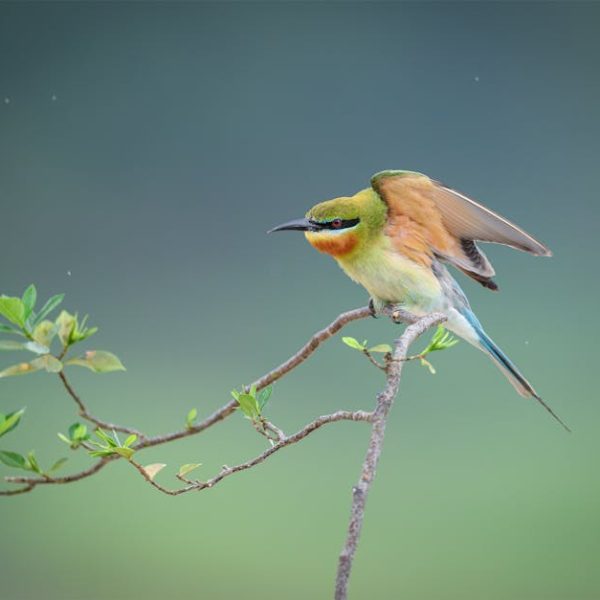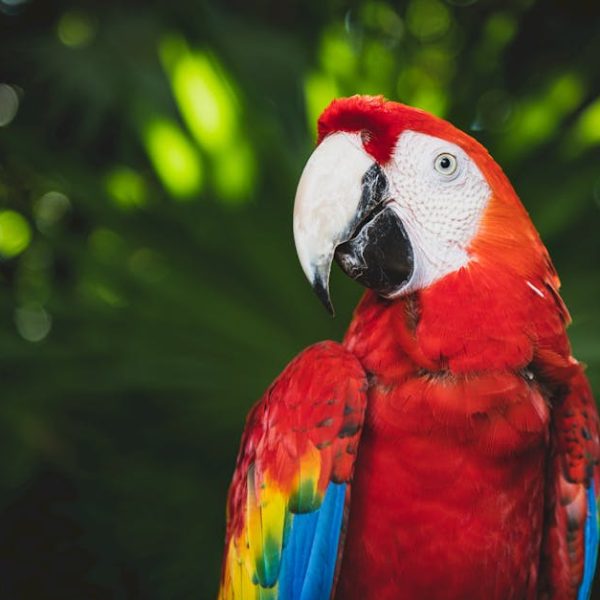The complexities of a guinea bird’s diet are as intriguing as the bird itself. A guinea bird, also known as a guinea fowl, is inherently a ground-feeding bird with a penchant for varied sustenance. They indulge in a mix of plant-based foods, insects and processed feeds, showcasing a wide gamut of dietary preferences. Ensuring a balanced diet for guinea birds, therefore, becomes essential for their health and longevity. This article will delve into the types of food commonly found in a guinea bird’s diet, acting as your comprehensive guide on the matter.
Understanding Guinea Birds: Overview of Their Dietary Preferences
Primarily, a guinea bird’s diet is pliable, capable of adapting to the environment provided. They are omnivorous by nature, liking both plant-based and animal-based foods.
The most common types of food found in a guinea bird’s diet include:
- Green leaves and stems
- Seeds and grains
- Fruits and vegetables
- Bugs and small insects
- Commercial feeds
Maintaining a mix of these foods ensures that our feathered friend gets all the necessary nutrients. It’s like us humans, who need a balanced diet – so watch out, guinea bird owners, your pet’s diet is as important as yours!
Plant-Based Diets: Fruits, Vegetables and Grains Guinea Birds Eat
Plant-based diets play a crucial role in a guinea bird’s nutrition, providing essential vitamins, minerals, and carbohydrates. Fruits, vegetables and grains form a part of their daily consumption and they enjoy a myriad of these.
Incorporate these fruits, veggies, and grains in their diet for a healthy guinea bird:
- Apples and bananas
- Broccoli, spinach, and peas
- Corn and millet
However, one must also be considerate of seasonal availability while offering fresh greens and fruits to these birds. It’s best to incorporate seasonally fresh vegetables and fruits in their diet, contributing to a fresh, nutrient-rich meal.
Insect Diets: Importance of Bugs and Small Insects
Never underestimate the power of a bug when it comes to a guinea bird’s diet. Our avian friends have an innate love for insects, which serve as an essential source of protein for them. This protein-rich diet aids in their growth and development whilst keeping infection and diseases at bay.
Among the various insects they consume, they have a special inclination towards ticks, ants, termites, beetles, larvae, spiders, flies, and slugs. Each of these tiny morsels serves a healthful punch of benefits such as protein and essential amino acids. This mix thereby contributes to an energetic, healthy and robust guinea bird.
Commercial Feed: Understanding the Role of Processed Foods in a Guinea Bird’s Diet
Like many of us who consider processed foods a convenient mealtime choice, guinea birds aren’t too far behind. They readily consume commercial feeds, which are specially formulated to meet their dietary requirements. Equipped with necessary nutrients like proteins, vitamins, and minerals, these feeds serve as a hefty supplement to their diet.
However, relying solely on processed foods isn’t a healthy practice. Though quick and convenient, they should be balanced with natural food sources for optimal health. Speaking of balance, using feeds that are specific to guinea birds rather than generic poultry feed is advisable to cater to their dietary peculiarities.
Supplements and Treats: Additional Dietary Elements
Just as we delight in occasional treats, our guinea birds appreciate the change too. But remember — treats should always be kept at moderation.
Aside from their primary diet, guinea birds can benefit from certain supplements and treats. These may include millet sprays and cuttlebone, which serve as excellent sources of essential nutrients like calcium. Seeds can also make for an occasional snack.
Here are some suitable supplements for guinea birds:
- Oyster shell for extra calcium
- Grit to help them digest their food
- Vitamin and mineral supplements
It’s crucial to keep in mind, however, that supplements and treats should not replace the primary diet of your birds. They are ‘extras’ to enhance the diet and should be offered strategically, maybe as rewards or during special occasions. Too frequent or too much can lead to unhealthy weight and other health issues.
What to Avoid
While we’ve covered what your guinea bird can consume, it’s equally important to mention what to abstain from offering. Avocados, chocolate, and caffeine are toxic to birds, including guinea birds. They are also sensitive to aerosol products and smoke. Therefore, always make sure your guinea bird’s environment is clean and smoke-free and that they don’t have access to any open containers of alcohol.
Conclusion
Like us, guinea birds thrive on a balanced diet, complete with nutrients from various sources. It’s up to us as caregivers, to ensure we do our utmost to provide a well-rounded diet for our bird buddies, taking into account their interests, nutritional requirements, and seasonal changes. A happy bird is a healthy bird indeed!
Remember – diet directly influences their overall health and longevity. So feed them well, watch them thrive, and enjoy the enriching experience of raising a guinea bird. After all, keeping a bird is not solely about care, it’s about providing a quality life!
Key Takeaway:
- Guinea birds are omnivorous ground-feeders that appreciate variety in their diet.
- Their dietary preferences include fruits, vegetables, grains, bugs, small insects, and commercial feeds.
- A balanced diet is crucial for their health and longevity, and incorporating seasonal fruits and vegetables can provide fresh, nutrient-rich meals.
- Bugs and small insects are a vital protein source in a guinea bird’s diet.
- While commercial feeds are convenient, they should be balanced with natural food sources for optimal health.
- Treats and supplements can be occasionally added to enhance the diet, but they shouldn’t replace the primary diet.
- Certain foods and substances, including avocados, chocolate, caffeine, aerosol products, smoke, and alcohol, should be avoided as they are harmful to guinea birds.
Guiding a guinea bird towards a well-rounded diet is a rewarding endeavor. When balanced with love, care, and a conscious awareness of their dietary needs, this will help them lead healthy, content lives. Stay invested in understanding their dietary needs and enjoy the delightful journey of nurturing these extraordinary birds.
FAQs
Q: How frequently should I feed my guinea bird?
A: Feeding frequency may depend on the bird’s age and health. However, ideally, small feedings spread throughout the day should suffice.
Q: Can guinea birds eat kitchen leftovers?
A: Although guinea birds can technically eat some kitchen scraps, it’s advisable to offer fresh foods primarily. This ensures their nutritional requirements are met adequately.
Q: Do guinea birds need water alongside their diet?
A: Yes, like any living creature, guinea birds require access to fresh, clean water daily.
Q: Is it okay for my guinea bird to feed only on commercial feeds?
A: While commercial feeds provide necessary nutrients, it’s crucial to complement them with natural foods like fruits, vegetables, and insects.
Q: How can I identify if my guinea bird is not receiving enough nutrition from its diet?
A: Some signs could include changes in behavior or physical condition, like loss of energy, dull feathers or sudden weight loss.
Thank you for reading! Don’t forget to share this article and keep exploring our website for more information on taking care of your charming guinea bird.
